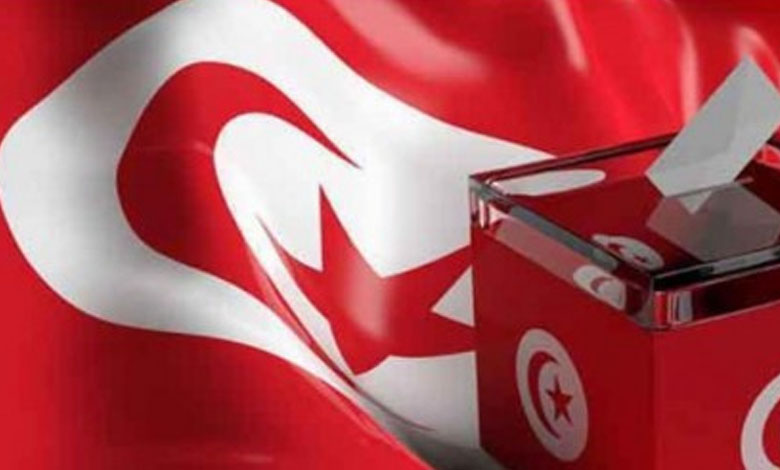Massive Participation in Tunisia Elections: People Crush Brotherhood Plans

Voting in Tunisia’s parliamentary elections got off the ground with a good turnout of Tunisians and calls for strong voter participation in the hope that a “new republic” will emerge that addresses the country from crises created by Brotherhood rule over the 10 years that followed the revolution, and that produced more poverty, unemployment, and economic crises.
The Most Important Election
A report by Rouya stated that after the black decade of Ennahdha rule and its parliamentary majority, which failed to lift Tunisia out of economic stagnation and massive failure, Tunisia has suffered.
Tunisia is currently witnessing an election victory that will lead it to a new political life, in order to get rid of the previous parliament, which was frozen and then dissolved by President Kais Saied according to the constitution after a state of political paralysis. This is why the Tunisian people today, after pronouncing the Muslim Brotherhood organization, are now alienated from the Tunisian public and political street.
According to a number of observers, these elections will herald the end of Ennahdha in Tunisia, and will thus lead to a new parliament that will end the black decade of Ennahdha rule in Tunisia, which bankrupted the country and the people, and ended with a political deadlock that paralyzed the parliament led by Rached Ghannouchi.
A total of 1,000 candidates and 58 candidates are running for 161 seats in the new parliament in 161 constituencies, up from 217 seats in previous years, including 120 women.
The parliamentary elections are the final leg of the roadmap put forward by President Kais Saied since he announced exceptional measures on July 25, 2021, dissolved the parliament, headed by Ennahdha leader Rached Ghannouchi, and later suspended the 2014 constitution and dissolved constitutional bodies, with the aim of combating corruption and chaos in state institutions.
People’s participation
Mondher Guefrach, head of the Front for the Salvation of Tunisia and a political analyst, says that the legislative elections are characterized by the absence of Brotherhood participation for the first time since 2011, and the lack of immunity for candidates, because many people hope that the new electoral system will end a decade of political and financial corruption and security chaos, as the last phase of the “corrective” roadmap announced by President Kais Saied in July 2021.
The Tunisian analyst added that elections, good popular participation in the elections, and going to the fund are the biggest end for the Muslim Brotherhood and all those who disagree with it throughout history, especially that the terrorist group insisted on thwarting the elections, but all of their plans failed.
The death of movement
For his part, Dr. Jibril Al-Obaidi, a writer and political researcher, said that Tunisia today is facing an election that will lead it towards a new political life to get rid of the previous parliament, which was frozen and then dissolved by President Kais Saied according to the constitution after a state of political paralysis. He noted in an article that the failure of “Ennahdha” is due to the limited experiences of political Islamist groups in politics, which confirm that their loyalty to the group is to which is why they were unable to represent a nation or people, because they used to represent a group and an organization bringing them together, and they lost a sense of national sovereignty and geographic belonging to the homeland.
He clarified that Ennahdha is considered clinically dead after becoming a political and popular pariah, and even its supporters have disappeared from the streets. For this reason, Ennahdha has been outside political life for some time in Tunisia, but the parliamentary elections will be like announcing a burial date for the clinical dead.












